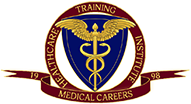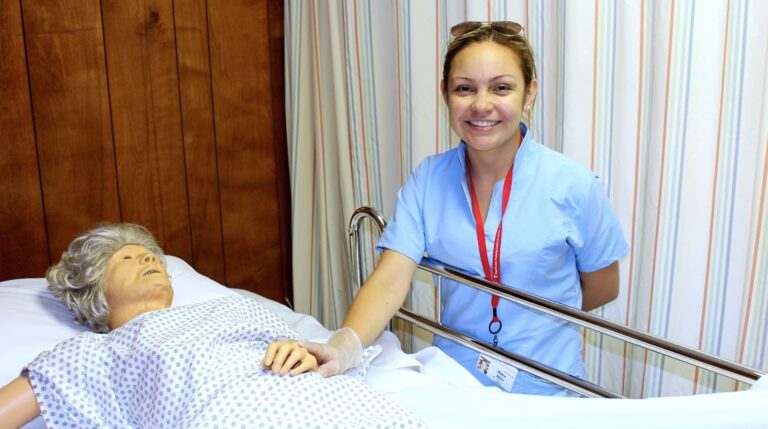Start Your CNA Training in NJ Today
CNA training in NJ helps you launch your healthcare career quickly. At Healthcare Training Institute, we offer a certified program with limited seating, apply now! LIMITED SEATING AVAILABLE, ENROLLMENTS ACCEPTED ON A FIRST COME FIRST SERVE BASIS. CNA classes are part of our PCT program. Apply Now!
Admission Requirements for CNA Students
PPD, booster vaccines, and a criminal background check are requirements for our CNA program. These ensure safety and compliance with state healthcare standards.
Why Choose CNA Training in NJ?
CNA is a great option for anyone who would like to enter the medical field and launch their new career quickly. CNA training in NJ prepares you for real-world, hands-on patient care.
State-Approved CNA Program Structure
Healthcare Training Institute’s The state of NJ has approved our CNA training program and meets all standards set forth by the Department of Health and Senior Services. Our CNA training in NJ includes 90 hours of state-approved instruction (50 hours of classroom and 40 hours of clinical training in a licensed long-term care facility).
What You’ll Learn in CNA Training
Our CNA training in NJ reflects our belief that all long-term care residents deserve high-quality health and personal care services. Students will learn essential skills to deliver respectful and effective patient care.
Federal and NJ CNA Curriculum Standards
The CNA training in NJ classes comply with federal regulations, requiring at least 16 hours of training in:
- Communication and interpersonal skills.
- Infection control.
- Promoting residents independence and respecting residents rights.
- Safety/emergency procedures, including the Heimlich maneuver.
In addition, the NJ curriculum requires completion of Modules I and II before providing physical care. Instructors may reorder the lessons to maximize learning
Purpose and Outcome of CNA Training in NJ
The goal of CNA training in NJ is to equip caregivers with the foundational knowledge and skills to assist residents in long-term care facilities. Our certified nurse aide program prepares you for a successful healthcare role under the supervision of medical professionals.
Apply Now and Start Your Healthcare Journey
Ready to begin? Enroll today and take the first step with CNA training in NJ at Healthcare Training Institute. Spaces are limited don’t miss your opportunity to become a certified nursing assistant in New Jersey.
Don’t wait! Start your future today with CNA training in NJ at HTI.

